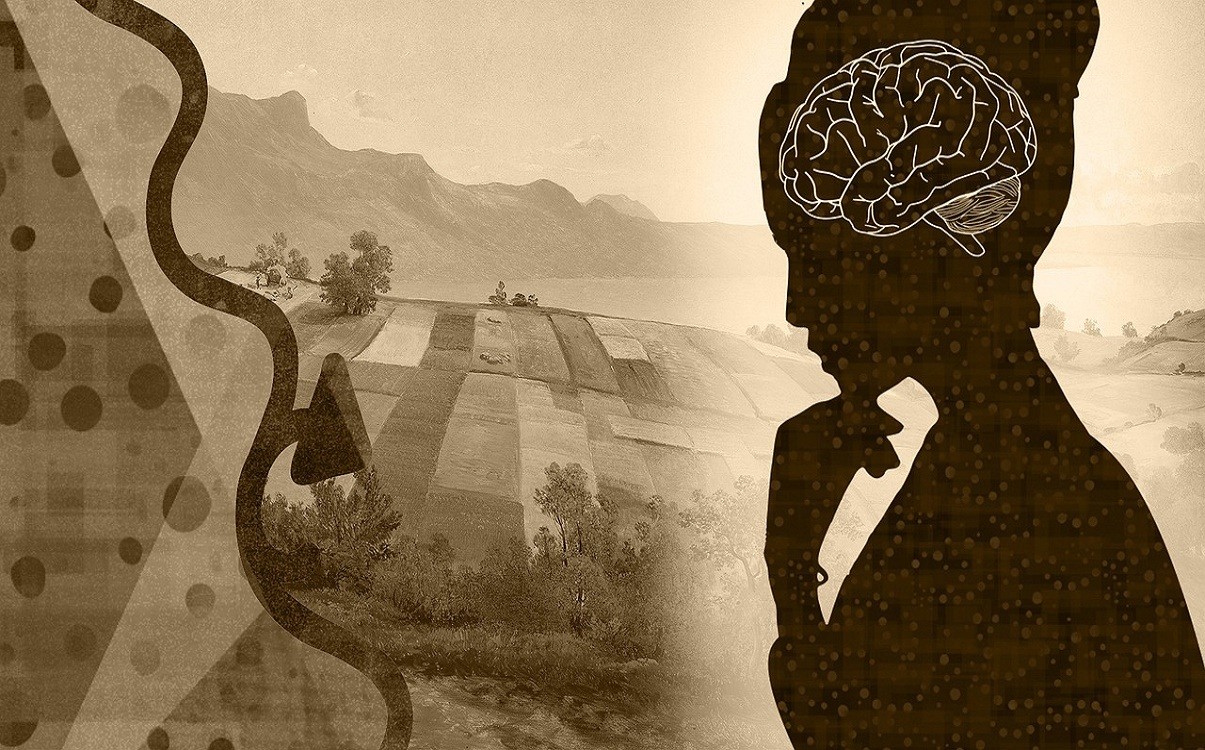Common thinking up until a few years ago was men were far more likely than women to end up with a brain injury.
TDS News – Football, hockey, extreme sports, fighting – so many of the activities known to carry a risk of head trauma tend to be those that are more popular among males. That’s what The Cridge Centre for the Family believed for most of the three decades it has provided support, housing and hope for people with brain injuries in Greater Victoria.
But with a growing body of research identifying a strong correlation between intimate partner violence and brain injury, The Cridge now recognizes an urgent need to expand its brain-injury supports to reach more women with experiences of domestic violence.
“Brain injury is the unseen disability that affects so many things,” said Joanne Linka, manager of communication and fund development at The Cridge. “This is a story we’ve been telling for 30 years, trying to leverage dollars and resources for this work. So when we started seeing the research about women impacted by intimate partner violence a few years ago, that jumped out at us.”

Research has established an estimated 80% of women who have been in a violent relationship have had at least one brain injury. Women could be routinely experiencing one brain injury after another in cases of ongoing violence, Linka said. Strangulation plays an even more insidious role, depriving the brain of oxygen.
“A brain injury can affect a woman’s ability to work, to function, to parent, to manage her life. We know the spiral into poverty, addiction and criminal activities. They need support early.”
The Cridge has developed a five-point plan for stepping up its work with women who have brain injuries due to intimate partner violence. The plan includes direct services, research participation, training and support for front-line workers to recognize brain injury, advocacy to raise awareness and funding support, and prevention.
That prevention piece includes working with male abusers to reduce abusive behaviours and learn to regulate their emotions, Linka said, adding that more than half of male abusers have suffered a brain injury themselves.
The Cridge is a faith-based community social services agency and the longest-running charity in Western Canada, with 148 years of service. Some 2,000 people a year access its eight programs serving a diverse population across all ages, genders, cultures, faiths, income levels and personal circumstances.
Cridge services include a women’s transition house, where the impact of brain injury on the lives of women who have experienced intimate partner violence plays out every day in myriad ways.

“Seeing what goes on for the women who we serve, it’s heart wrenching to know that they will struggle for the rest of their lives,” Linka said. “And that is where we come in. We can help them find the support they need to reduce that struggle.
“Their brain injury affects them in every way. For instance, there’s one woman we support who we know loves her kids, but her injury is so severe that even getting them to school on time is a huge challenge. That puts her at risk of having her children end up in care.”
With the right kind of individualized services, Linka noted, people can adapt and learn new ways to manage their lives in healthy, safe ways. A day when there are no victims of intimate partner violence and no one has to fear not being believed is the ultimate dream guiding The Cridge’s work.
The B.C. government has proclaimed March as Community Social Services Awareness Month in appreciation of the more than 42,000 people who work in the community social services sector. They provide help and assistance to those who need it most.









